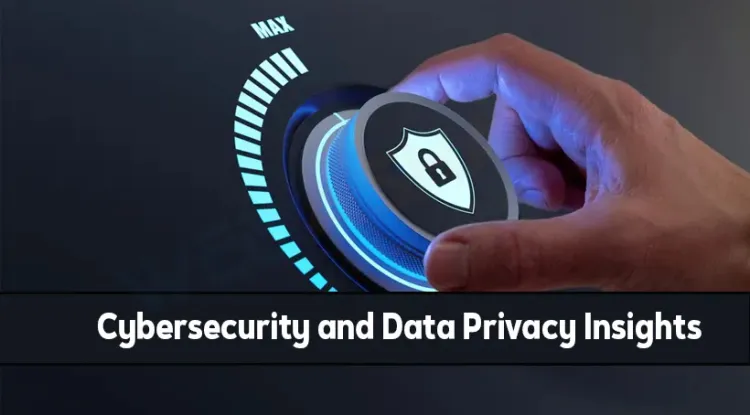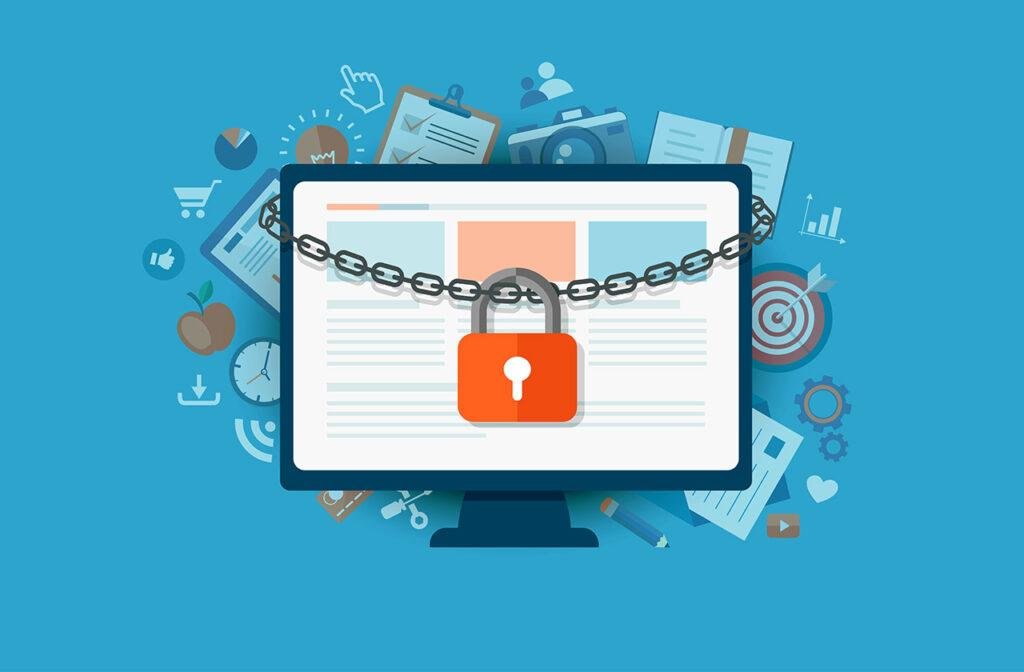Cybersecurity and Data Privacy
This topic examines the importance of cybersecurity and data privacy in the digital age and the potential risks and threats posed by cyber-attacks.
In the digital age, cybersecurity and data privacy are of utmost importance. As we rely more and more on technology, we store an increasing amount of sensitive data online, making it crucial to ensure that our information is secure and protected from potential cyber threats.

In this article, we will examine the importance of cybersecurity and data privacy, as well as the potential risks and threats posed by cyber-attacks.
Cybersecurity refers to the measures taken to protect computer systems, networks, and data from unauthorized access, theft, and damage. It includes a wide range of practices, including firewalls, antivirus software, encryption, also multi-factor authentication.
In the modern era, cybersecurity has become essential, as cyber threats continue to evolve also become more sophisticated.
One of the most significant cybersecurity threats is cyber attacks. Cyber attacks aim to compromise computer systems or networks for malicious purposes, like stealing data, disrupting services, or extorting money.
Cyber attacks can take many forms, including malware, phishing scams, ransomware attacks, also distributed denial of service (DDoS) attacks.
Another critical aspect of cybersecurity is data privacy. Data privacy refers to the protection of sensitive information from unauthorized access, use, or disclosure. With the increasing amount of personal data stored online, data privacy has become a significant concern.
Data breaches can expose sensitive information, including financial data, health information, also personal details like names and addresses.
In addition to the risks posed by cyber-attacks, there are also ethical considerations surrounding data privacy. Companies that collect and use personal data have a responsibility to ensure that the data is protected and used appropriately.
However, there have been numerous cases where companies have mishandled personal data. Leading to concerns about data privacy and the potential for misuse.
It is essential to take steps to protect our cybersecurity and data privacy. One of the most critical steps we can take is to be vigilant about online security. This includes using strong passwords, avoiding suspicious links and emails, also keeping software up to date.
It’s crucial to be mindful of what we share online and only share sensitive information with trusted sources.
Additionally, businesses and organizations have a responsibility to protect their customers’ data and maintain robust cybersecurity measures.
This includes implementing strong security protocols, such as firewalls and encryption. Regularly testing for vulnerabilities, also training employees on cybersecurity best practices.
Conclusion
Cybersecurity and data privacy are essential in the digital age. Cyber attacks and data breaches can expose sensitive information and compromise computer systems and networks.
It is crucial to be vigilant about online security and to take steps to protect our data and personal information. Businesses and organizations also have a responsibility to protect their customers’ data and maintain robust cybersecurity measures.
By working together to promote cybersecurity and data privacy. We can help ensure that our digital world remains safe and secure. 온라인카지노사이트




